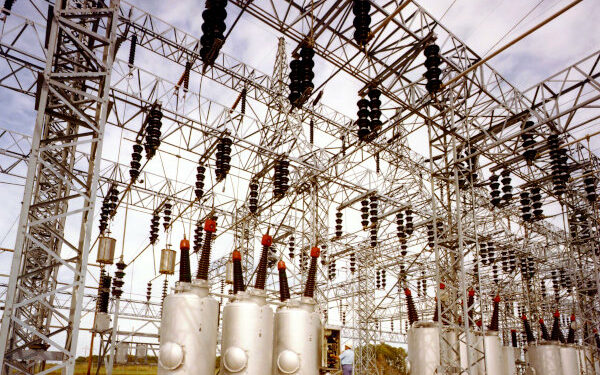Germany Ready to Help Fund $22 Billion South African Grid Revamp
The European nation will be able to provide some funding once the scope for the grid-expansion project has been determined, according to its special envoy for a climate-finance pact between South Africa and some of the world’s richest countries.
- Advertisement -
Germany is willing to help fund the 390 billion rand ($22 billion) that South Africa said it needs to incorporate more solar and wind power into the national grid and ensure its energy security.
The European nation will be able to provide some funding once the scope for the grid-expansion project has been determined, according to its special envoy for a climate-finance pact between South Africa and some of the world’s richest countries. The deal, which was agreed in 2021 and is now worth $9.3 billion, has been criticized for its slow implementation.
- Advertisement -
“There is a need for investments in the quality and the quantity of the grid,” Rainer Baake, envoy for the Just Energy Transition Partnership, said in the South African capital, Pretoria, on Thursday. “We’re in a position to provide substantially more money for the grid.”
- Advertisement -
South Africa has suffered intermittent power cuts since 2008 and needs to accelerate the expansion of its grid as its pivots away from coal, which accounts for four-fifths of its power generation, to renewable energy. While the system is robust in the center and east of the country, where the industrial base and coal belt are, the best solar and wind resources are in the west.
Attempts to expand the amount of electricity its network of transmission lines can carry have been slowed by the bureaucracy involved in a plan to split the national power utility, Eskom Holdings SOC Ltd., into generation, transmission and distribution units. While a board has been appointed for the transmission company, there’s been no decision on how private investors will be able to participate in building and operating the lines.
Baake was speaking at a news conference while on a trip with Jochen Flasbarth, state secretary for Germany’s economic cooperation and development ministry, and Jennifer Morgan, state secretary and special envoy for international climate action. The German officials this week met South African government representatives, including Finance Minister Enoch Godongwana.
Other members of the pact who’ve committed finance are France, the US, UK, European Union, the Netherlands and Denmark.
‘Not Ideal’
- Advertisement -
Aside from grants, only €1.1 billion ($1.22 billion) in loans from Germany and France has been allocated from the agreement to date.
By delaying the closing of three coal-fired plants, South Africa has also raised concern that it may not meet a target agreed under the JETP to reduce annual emissions to about 350 million tons of carbon dioxide or its equivalent by 2030. The country is the world’s 15th-biggest producer of climate-warming gases.
“It’s not ideal from a climate point of view,” said Flasbarth. While he said the decision was understandable given South Africa’s history of power cuts, he declined to say whether officials clarified how the country plans to meet the targets. “We are patient, we’ll wait for the suggestions they will come up with and in the meantime we continue our support.”
Better Use
The German officials commended South Africa for passing landmark climate and energy legislation this year in the form of the Climate Change and Electricity Regulation Amendment bills.
Still, they urged the country to make better use of its existing transmission lines by allowing so-called curtailment. The move would let more renewable energy producers connect to the grid on condition that at times of peak supply, they don’t send all the power they produce to it. That could, potentially, involve compensation for the power producers.
Source:norvanreports.com
- Advertisement -


